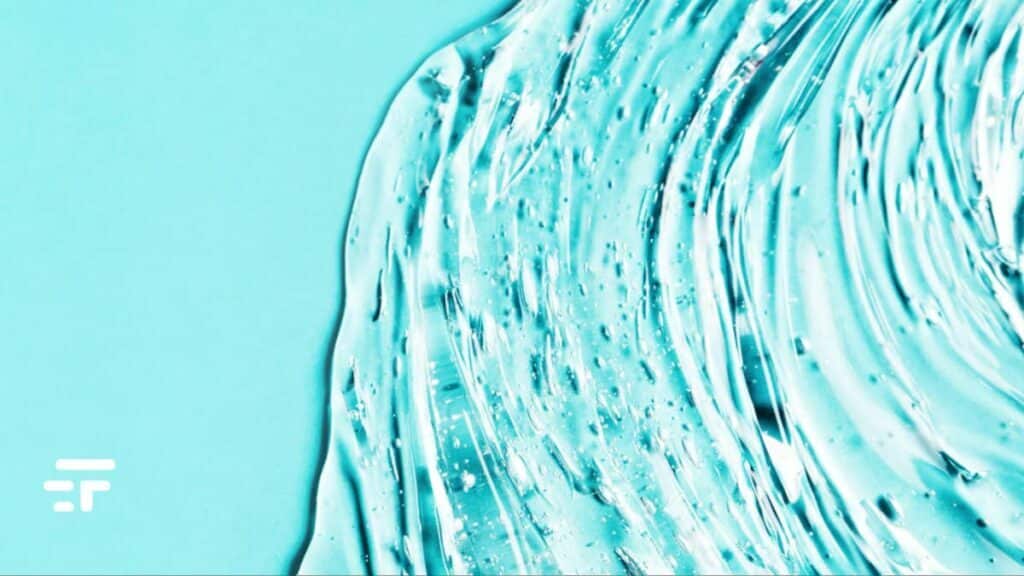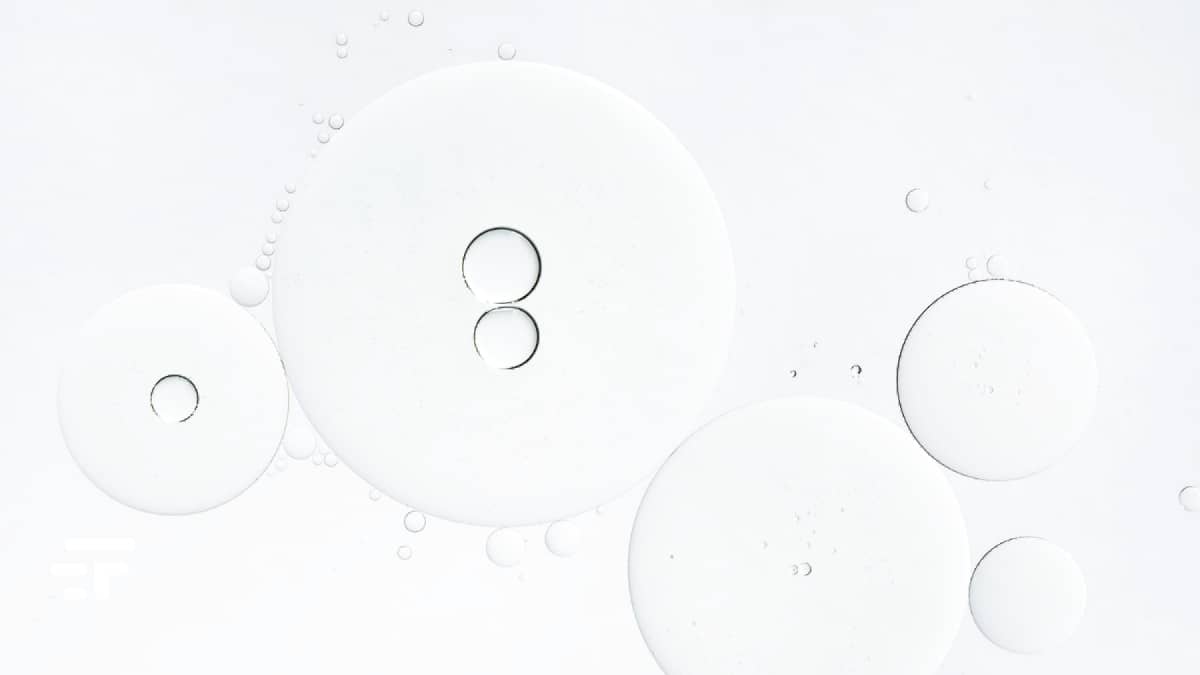If you're sad, I'll cheer you up. I'll let you in on a secret: you are not alone, ever. Wherever you are, the germs are with you. happy? It's already better, isn't it? Think of diseases like Covid, superbugs, salmonella, norovirus, when everything is missing there is still the common cold. What if there was a way to incorporate a substance into everyday objects that kills 99,999% of all germs without ever wearing out? The Israeli startup Nanoam he did exactly that. He has developed nanoparticles consisting of zinc oxide and copper oxide, less than a millionth of a millimeter in size, which can be added to virtually any material to create hygienically clean and germ-free surfaces.
Quactiv, the good avenger
Quactiv (this is the name of nanoparticle powder) has the potential to revolutionize the world of paints and coatings. Originally designed to prevent hospital infections, added to a paint will dramatically reduce infection-related death rate according to CEO Ori Bar Chaim. And not only: a concentration of just 0,0005% Quactiv per two tons of paint is sufficient, which would practically not affect the current cost of these products. In summary: the opportunities offered by Quactiv look spectacular.

How do germ-killing nanoparticles work?
Imagine a building like a human body: its walls represent the skin, which acts as a protective barrier against external agents. Now imagine having a special paint available, which acts like an "antivirus" that defends this barrier. This paint is made up of nanoparticles, small units that work together to repel microbes. Like? In two ways: first, their electric charge interacts with the negative charge of the microbes, preventing them from adhering to the walls. Second, nanoparticles release free radicals, reactive molecules that destroy the functionality of microbes. Together, these two mechanisms create a sort of "magnet" that continuously repels germs, maintaining the hygiene of the building.
This way hospitals, nursing homes, schools and any other place where hygiene is paramount can paint their walls with this water-based acrylic antimicrobial paint and nanoparticles, and continue to protect themselves indefinitely. Almost. That is, it is not yet known: tests carried out on samples of antimicrobial paint show unchanged efficacy after three years. Let's see in the end how long the protection will last.

What applications will there be?
As mentioned, there will be many. So many. In the medical field Quactiv can be incorporated into materials such as sheets, surgical drapes, uniforms for doctors and nurses, metal and plastic surfaces. It has already been used in masks for Covid and is being tested for bandages and dressings: in that formulation it will not only destroy infections, but also administer painkillers. In other fields, the incorporation of nanoparticle technology into the fiber of the fabrics itself will lead to clothes that are antibacterial and capable of reducing any odor, including that of sweat. Furthermore, incorporated into food packaging these nanoparticles will protect fruit, vegetables and other foods, prolonging their shelf life. Finally, our own body: Also being tested is Q-Derma, a cream formulation that not only fights infections and burns, but is proving effective against acne, mycosis and psoriasis.
The future? Nanoparticles that act as an intelligent shield
Nanosono is working closely with a major paint manufacturer to develop antimicrobial solutions, and is currently running a pilot project in an Israeli hospital. In the future, he plans to expand the scope of these nanoparticles to materials such as stone and marble surfaces, and even spaceships. Imagine a kitchen with marble surfaces capable of eliminating germs, or a spaceship where astronauts do not run the risk of contracting infections during missions.
These are the inventions I love most: little visible, but transformative. I'll keep an eye on Quactiv.


